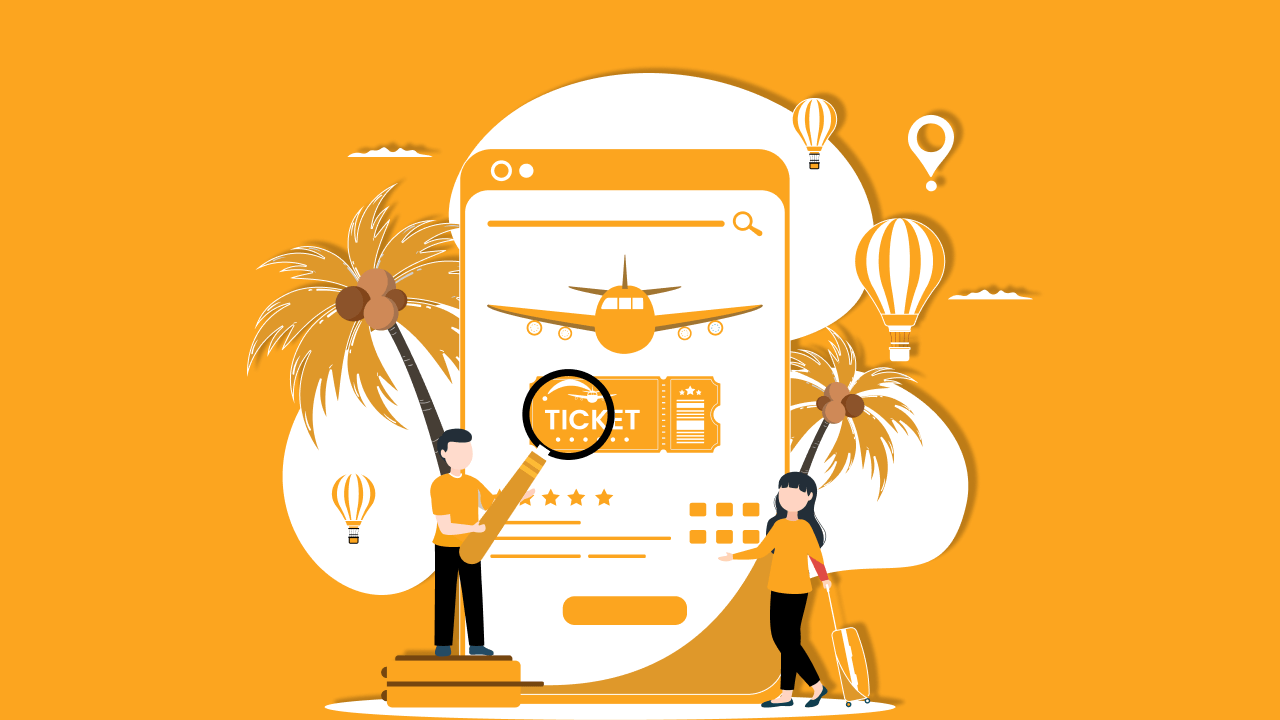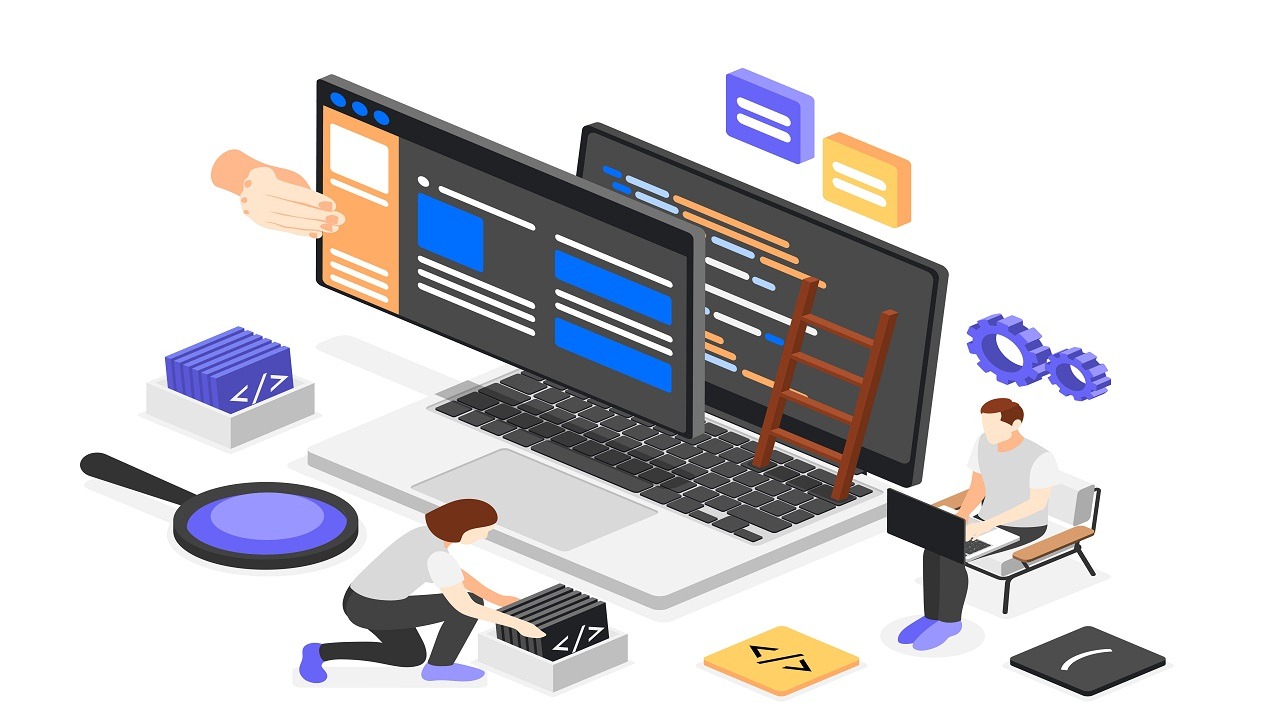The cost of developing the mobile application in New Zealand depends on multiple factors, including the complexity, the platform ( iOS, Android ), features to be included, developers’ expertise in app building, the timeline for completing the project, complexity related to UI/UX design, integration of third party ( payment getaways, social media, etc) Usually, pricing of mobile app development range from $20,000 to $1,00,000 or maybe higher. Sometimes, the selection of the app development company in Wellington or the expertise level of the developer influences the cost of the app development project.
Multiple companies are available in New Zealand that support the app development process with their expertise, offering a wide range of prices. The complete cost of building an app is influenced by multiple factors, such as the selection of a reliable company, application complexity, and other factors that determine the actual pricing of the overall process.
Factors Affecting the Mobile App Development Cost in New Zealand
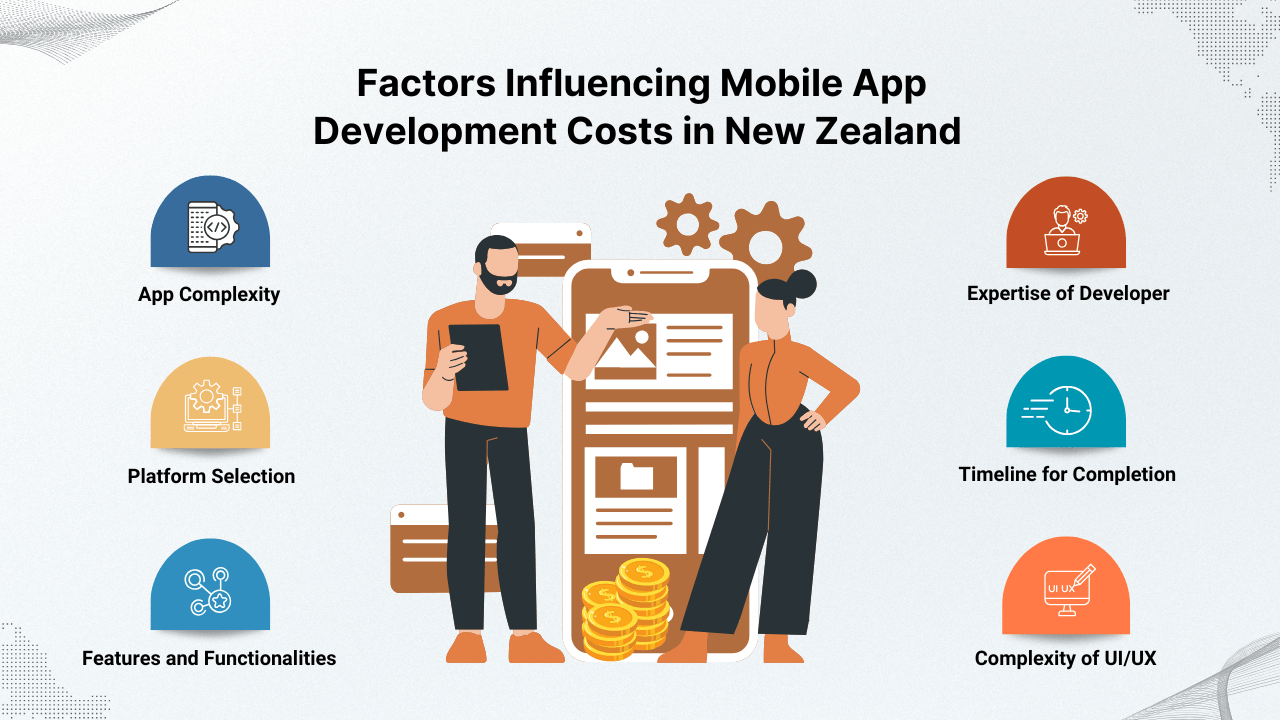
Mobile app development cost in New Zealand depends on multiple factors, which fluctuate the overall pricing of the process. Considering these factors allows making a budget for a specific application or ensuring the development process will be smooth.
1. App Complexity
More complexity and functionality in the application directly affect the pricing of the development, where some practices like real-time notifications, social media integrations, and adding payment gateways require extra time and effort.
These time-consuming complexities directly influence the overall pricing of mobile app development. Apps are usually built in three categories, divided into basic, complex, or advanced, where each requires specific timing to align with goals. In short, basic apps need months while advanced apps need years to complete the whole process from development to testing with more proficiency.
2. Platform Selection
Selection of the right platform for mobile app development, whether it’s iOS, Android, or another version. Creation of an application for both platforms requires more resources and effort to make them effective and reliable.
When it comes to creating an app for iOS-specific or Android-only, an app is considered well-suited for small businesses that are looking to validate a market.
Cross-Platform App Development needs code that is written once and deployed everywhere, and is also cost-effective and saves time. When it comes to developing a native app, it offers better performance but is usually expensive, affecting the overall development cost.
3. Features and functionalities
The various features that are incorporated into the application development process determine the cost. Functionalities like push notifications, login, or payment-related services require more attention, which affects the overall pricing.
More complex features in apps come with extra features like in-app purchases, real-time chat, require GPS tracking, require more charges for making effective, and will inevitably be more costly in development time or resources.
Additional features developed, like automated advice via artificial intelligence technology and built-in blockchain, also contribute to the cost factors. Because of these complex features, the pricing for overall mobile app development gets higher. Adding more features to an app enhances the pricing for the development process.
4. Expertise of Developers
Building an app from scratch, where the cost of a Mobile app development company fluctuates with hiring the team to do it. Prioritizing freelancers is less expensive than being effective in reducing the development budget. Hiring local mobile app development agencies in New Zealand is comparatively costly in terms of producing quality work and communicating more efficiently.
Choosing offshore outsourcing for app development is cheaper, but it can lead to communication issues or raise the risk of working with lower-quality developers. Hiring more experienced developers enhances the pricing for the app development process, where they charge higher as per their expertise.
5. Timeline for Completion
The time required for mobile app development depends on the project scope and complexity. When it comes to developing basic apps, it usually requires 2 – 3 months. Moderate Application development process usually requires 4 – 6 months.
At last, complex apps need more than 6 – 12 months. Faster development of mobile applications with less time affects the costs of the process, which may require allocating more resources to meet deadlines. A shorter time needed for the app comes with a lower cost, or a durable process requires a higher price, which also fluctuates due to the urgency of completing it.
6. Third Party Integration
Third-party integrations in mobile app development refer to including external services to enhance the app’s functionality, such as payment gateways, social media sharing, analytics, or cloud storage.
These third-party integrations help in streamlining the features. The complexity of third-party integration, including its cost, depends on the service and compatibility with the app’s architecture.
In New Zealand, specialized services or APIs add more development time, where developers need to handle seamless integration that also involves ongoing maintenance charges for API services. However, third-party integrations enhance the app functionality; it’s important to avoid compatibility issues and potential delays that directly affect the development budget.
7. Complexity of UI/UX
Designing the user interface (UI) and user experience (UX) affects mobile app development costs in New Zealand. The complexity of UI/UX determines the resources and time required to create a polished and intuitive app.
Simpler designs with minimal interactive elements usually cost less, but more complex interfaces with custom animations, high-end visuals, or unique user flows require more design work and programming expertise and charge more.
These designs also demand extensive user testing to ensure smooth navigation that enhances costs. A more intricate UI/UX can improve user engagement and raise the app development price, where skilled designers and developers deliver the best design by maintaining app performance across devices and screen sizes.
Breaking Down the Cost of Developing a Mobile App
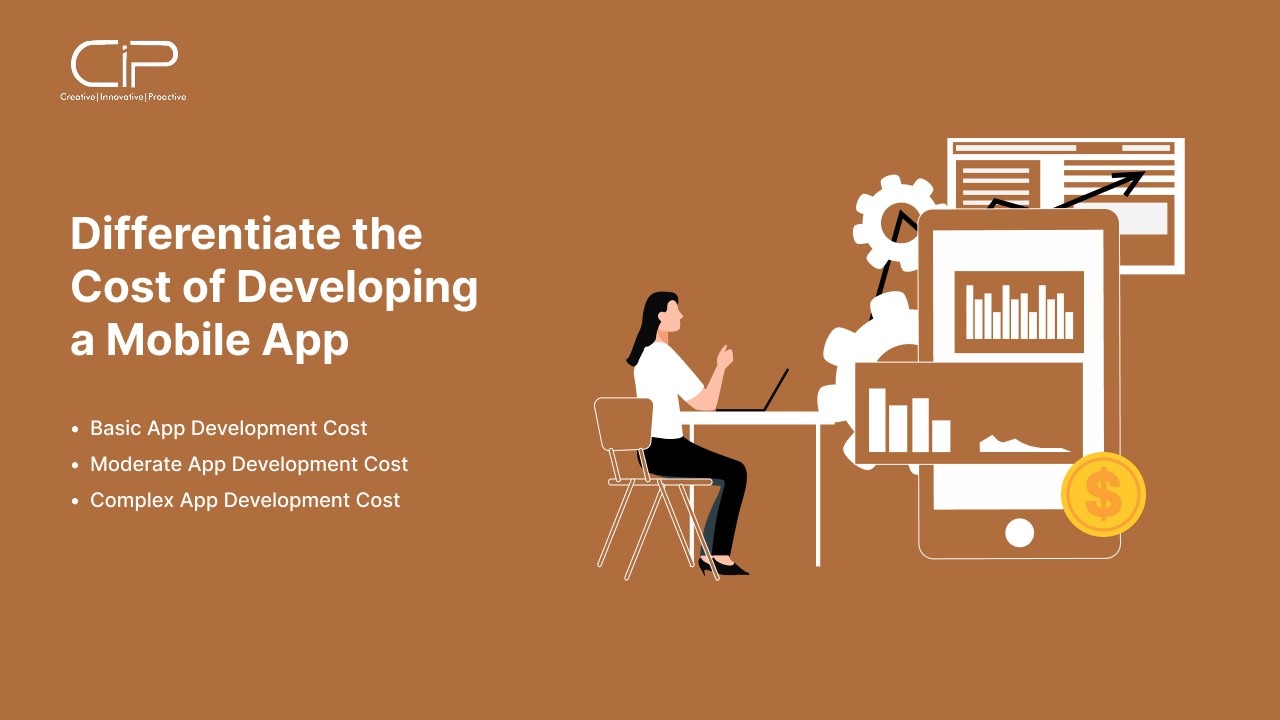
1. Basic App Development Cost
Basic mobile app development in New Zealand typically focuses on one or two functionalities and costs anywhere from $20,000 to $50,000, depending on the features, platform (iOS, Android, or both), and the complexity of the design.
This price includes the development of a simple user interface, basic back-end integration, and minimal testing. Basic apps are built by smaller teams or freelancers who keep their costs down. These basic apps incur recurring expenses for hosting, app store registration, and ongoing maintenance. Keeping the required scope in terms of efforts causes limitations during development, and helps ensure the project of app development stays within budget.
2. Moderate App Development Cost
A moderately complex mobile app in New Zealand requires advanced features, such as in-app purchases, push notifications, geolocation, and social media integration, making its development process more complex. The costs for these apps range from $50,000 to $100,000 or more, depending on the specifics of the functionality.
These types of applications require a more intricate back-end infrastructure, and a higher-end UI/UX design requires more effort and timing.
A larger team of developers, designers, and project managers is required for developing these applications, which increases overall costs.
Moderately complex apps also require third-party integrations, additional security features, and support for multiple platforms, such as iOS and Android, which require more time and cost. These applications require extensive testing to ensure the scalability, usability, and security that directly influence the price.
3. Complex App Development Cost
The complex mobile app development in New Zealand can cost from $100,000 to $500,000 or more, and typically involves advanced features such as real-time syncing, complex back-end systems, high-end security protocols, and sophisticated user interfaces.
These applications are usually made of enterprise-level apps, e-commerce platforms, or apps that rely on APIs and third-party integrations.
Complex applications typically require a team of specialized developers, designers, and quality assurance experts to create and maintain them, which directly affects the overall cost.
The high-end functionalities in these apps, including augmented reality (AR), machine learning (ML), or advanced data processing, also add to in-app development, requiring more time and cost. These apps require extensive testing to ensure they work seamlessly on multiple devices by handling large user bases.
Why the Cost of Mobile App Development Matters?
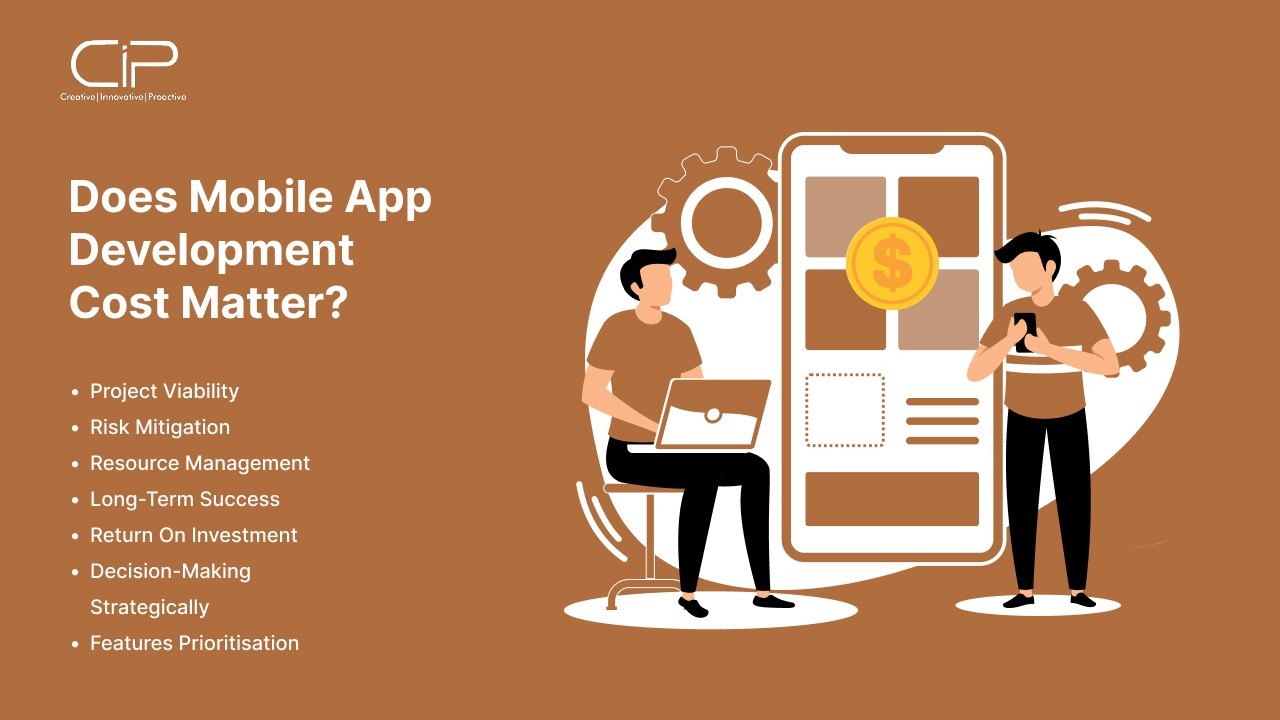
The mobile app development cost in New Zealand is a critical factor for businesses, as it influences the ability to bring a product to market. A higher development cost generally contains more advanced features with better user experience and higher scalability. The following are the reasons that explain why the price of mobile app development matters.
1. Project Viability
Assessing the viability of a mobile app project in New Zealand is important for diving into development. The viability usually depends on multiple factors like market demand, competition, and the app’s potential for long-term sustainability. It’s crucial to get complete access to generate enough revenue or user engagement to justify the development budget.
2. Risk Mitigation
Risk mitigation in mobile app development in New Zealand involves the identification of risks by creating strategies in terms of minimizing impact on the project’s timeline, budget, and quality.
These risks include technological issues, regulatory changes, competition, or unexpected delays. This approach allows for a clear project plan, involving experienced developers, and conducting regular quality assurance testing throughout the app development process.
3. Resource Management
Resource management is another crucial aspect in terms of developing a mobile app in New Zealand to ensure that the project will stay on track, within scope, and within budget.
Managing resources usually involves the efficient allocation of human resources, such as developers, designers, and testers, as well as technological resources like software, hardware, tools, and financial resources.
4. Long-Term Success
Long-term success in mobile app development refers to the ability to get more user engagement, regular updates, and the relevance of the app in a competitive market.
The initial development contains a journey, monitoring, updates, and improvements in terms of satisfying users. In New Zealand, planning for ongoing app maintenance costs, bug fixes, feature upgrades, and adapting to new operating system versions also requires investment that affects the budget of the overall development process.
5. Decision-Making Strategically
Strategic decision-making in mobile app development in New Zealand is supportive in ensuring that the project meets business goals. Decision-makers for app development require assessing factors like market demand, user expectations, and technological capabilities that affect the budget.
It involves prioritization of the features by providing the most value to targeted users and the business while keeping costs within budget.
6. Features Prioritisation
Prioritizing features while developing a mobile app in New Zealand involves choosing the top functionalities that need to be added later in the app. Features like core functionalities, performance optimization, and a smooth user experience are always prioritized in the app development process, which requires investment in it.
How to Estimate the Cost of Building an App in New Zealand?
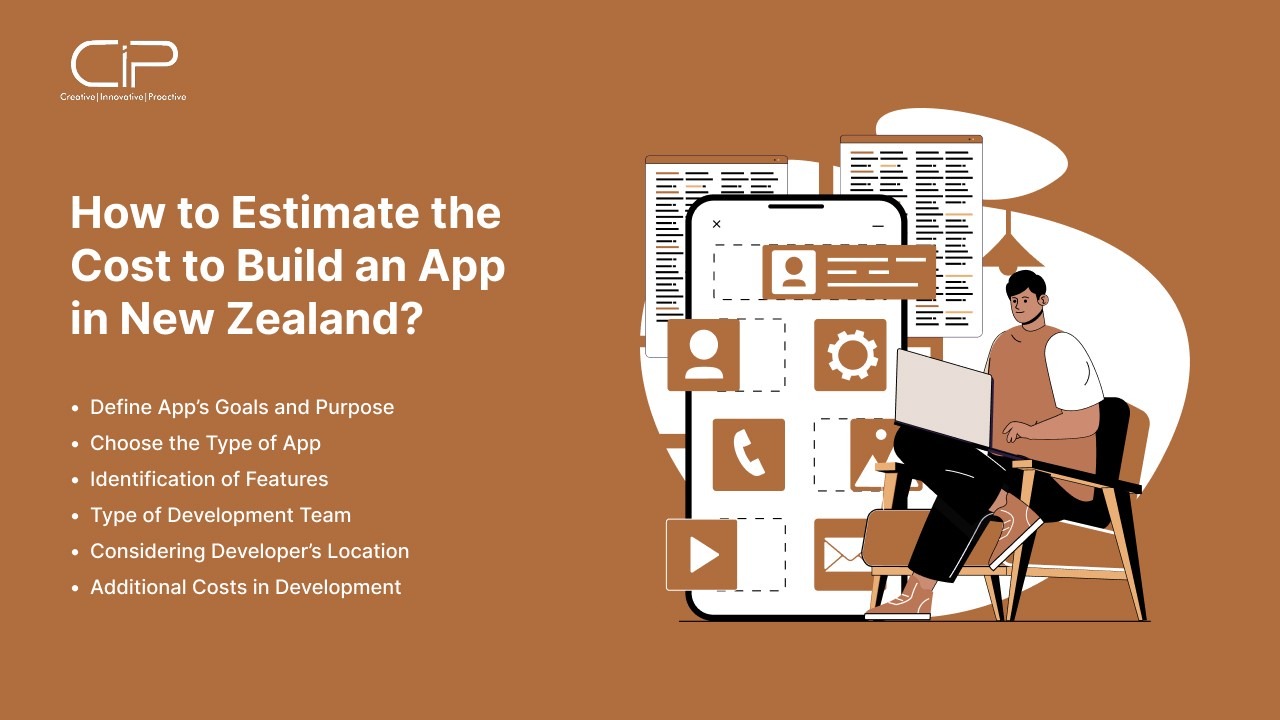
Estimating the cost of building a mobile app in New Zealand requires evaluation of multiple factors, including the type of app native, hybrid, or web, the complexity of features, and the choice of development team.
Costs of mobile app development range from $20,000 for a basic app to upwards of $100,000 for a complex one. In terms of getting a more accurate estimate, define their core features, set a timeline for development, and consult with experienced developers. Factors like platform choice, iOS, and Android require third-party integrations, which will influence the development price. Any ongoing maintenance and marketing affects the overall budget.
Conclusion
Mobile app development in New Zealand can be costly due to the high rates of developers. Besides this, there are numerous factors responsible for fixing app development cost, whether it’s about complexity, expertise of developers, timeline, or others.
However, the reliable Android app development company in New Zealand offers a strong tech ecosystem, quality assurance, and excellent customer service for users. The pricing of an app usually depends on the complexity and features, where investment delivers high returns in the long run.
Frequently Asked Questions ( FAQs )
1. What factors influence the cost of mobile app development in New Zealand?
Multiple factors, such as the complexity, the platforms like iOS and Android, the number of features, design complexity, and the expertise of the development team, influence the cost of mobile app development.
2. Is it cheaper to develop an app in New Zealand compared to other countries?
New Zealand may have higher costs due to its labor market compared to other countries. It also offers high-quality work and good project management in terms of justifying the overall investment.
3. How long does it take to develop a mobile app in New Zealand?
The development duration for applications ranges from 3 to 12 months, depending on the complexity of the app, from simpler apps that take a few months to more complex solutions requiring a longer development duration.
4. Are there hidden costs involved in mobile app development?
Yes, besides initial development cost, some additional costs occur between processes, such as ongoing maintenance, updates, marketing, server infrastructure, and integration with other systems or APIs.
5. What are the benefits of hiring a New Zealand-based app developer?
Developers in New Zealand offer strong communication, a well-regulated development environment, and complete access for users to high-level expertise to ensure delivering a smooth development process and quality output.


